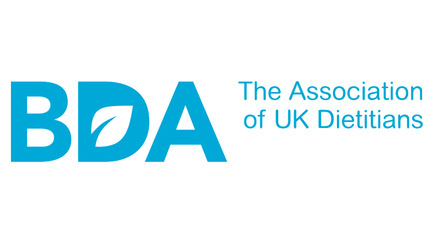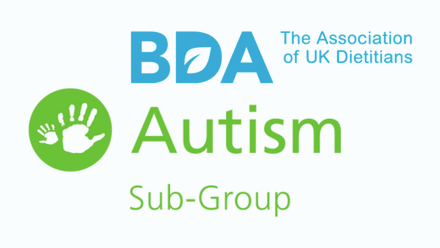The BDA is the leading organisation in nutrition and dietetics in the UK. Our expert members develop policy statements, position papers and guidance in a range of fields including health, nutrition and clinical practice. These evidence-based and referenced publications are available to policy makers, the public, media and BDA members to clearly articulate the BDA’s position on a range of important topics, and the changes we believe are needed.
New statements are under development and all are subject to regular review.
If you are interested in contributing to the development of a policy statement, position paper or guidance, or have an idea of an area which you think the BDA needs to develop a resource, find out more about how you can get involved.










